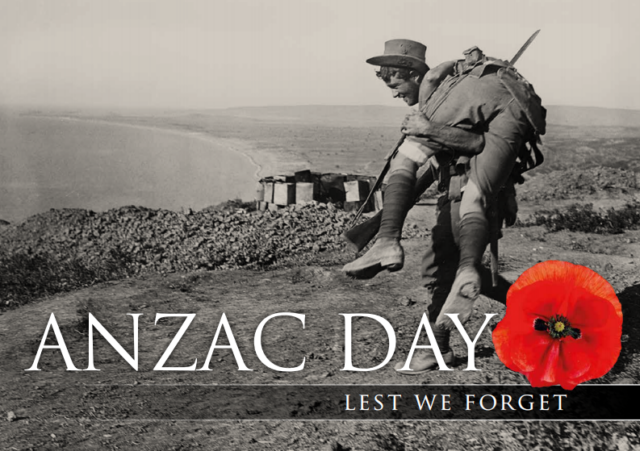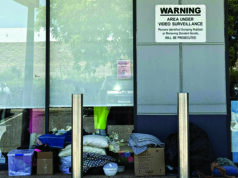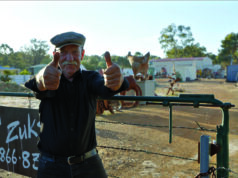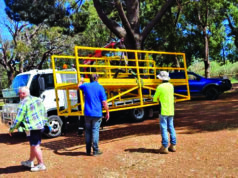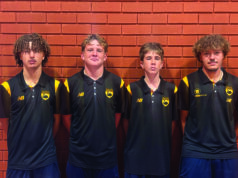As dawn services are held across WA this ANZAC Day, the state pauses to remember those who served.
Communities will gather to reflect on sacrifice, mateship and courage.
But for many veterans, the end of service doesn’t mean the end of struggle. While some carry visible injuries, others return home with a different kind of pain; emotional wounds caused by trauma. And too often, these are misunderstood.
Speaking with the Examiner Newspapers, Dr Cathy Kezelman AM, President of the Blue Knot Foundation, says it’s important to recognise that not all trauma fits neatly under the term PTSD.
“PTSD usually comes from a single traumatic event,” Dr Kezelman explains.
“It shows up as flashbacks, feeling constantly on edge, and avoiding people or places that trigger reminders.”
She added, “People often hear about PTSD, which comes from a single traumatic event, but many veterans experience complex trauma; a deeper and longer-lasting form of trauma.”
Unlike PTSD, complex trauma can come from repeated deployments, ongoing combat stress, or even earlier life experiences such as childhood abuse or neglect. It affects a person’s core identity, leading to low self-worth, shame, and difficulty in relationships, according to Dr Kezelman.
Here in WA, the need for better awareness and support is growing.
The President of the Blue Knot Foundation explained that complex trauma is common in Australia and may be even more so among veterans. Many carry not just the weight of war, but earlier life trauma as well. “Their nervous systems may already be on high alert before service, and further trauma adds to that load.”

The consequences of misdiagnosis can be serious. Veterans who aren’t properly supported may withdraw, blame themselves, or feel judged by those around them. “When someone’s trauma isn’t understood, it can leave them feeling even more isolated,” she notes.
That’s why Dr Kezelman believes ANZAC Day is the right time to talk about these issues. “Yes, we should honour and remember. But we also need to be realistic about the impact of service and how we support our veterans in their daily lives.”
Support starts with listening, she says. “Ask what they need. Don’t assume or judge. Just being there with compassion can mean everything.”
Additionally, public understanding also plays a role. “People don’t always see how deep or long-lasting trauma can be,” says Dr Kezelman. “But when someone is finally seen and treated with empathy, it can make a huge difference.”
She shares that recovery begins when veterans stop blaming themselves and start learning tools to manage their reactions. “Sometimes just knowing you’re not alone, and that what you feel makes sense, is the first step toward healing.”
The Blue Knot Foundation offers help to veterans and their families through its national Helpline, counselling, information resources, and workshops.
Their aim is to help people feel safe, build trust, and take steps toward recovery; however long that may take.


